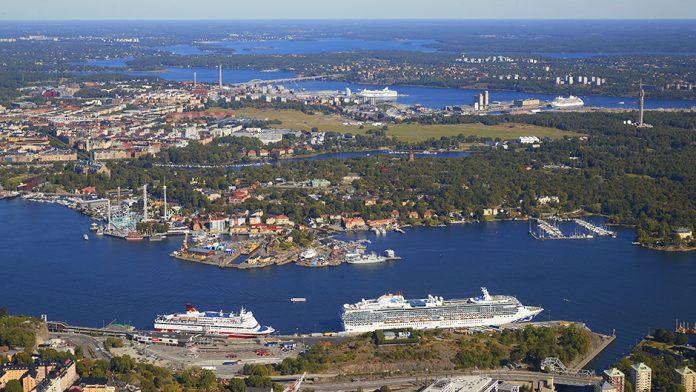Stockholm is currently one of the first EU cities to have its climate strategy approved by the European Commission, and Ports of Stockholm is one of the Climate City Contract signatory companies.
Also, the Swedish capital intends to be climate-positive by 2030. The European Commission evaluated Stockholm and nine other European cities’ climate strategies, and they were given EU Mission Label status. As a result, Stockholm is the first city in the European Union to receive this certification.
The City of Stockholm developed and signed the Climate City Contract in partnership with eleven of the city’s businesses, Region Stockholm, Stockholm University, KTH Royal Institute of Technology, and Karolinska Institutet.
“This is a show of strength for Stockholm as a city and an important undertaking for our business and for the transition to green shipping. Together with several other actors we are taking an important step towards a climate-positive Stockholm 2030,” explained Jens Holm, chair of the Board of Stockholms Hamn AB.
In addition, Ports of Stockholm aims to develop sustainable port operations and shipping in order to meet the aim of a climate-positive Stockholm by 2030.
Climate targets for Ports of Stockholm will be as follows: Reduced greenhouse gas emissions from shipping clients inside Ports of Stockholm port zones. Also, by 2025, the Ports of Stockholm’s truck operations will emit no carbon dioxide derived from fossil energy and Stockholm’s ports will be completely fossil-free by 2030.
Ports of Stockholm facilitates sustainable shipping by strategically expanding onshore power capacity, offering ecologically unique port fee incentives, and maintaining close conversations with key stakeholders on alternative fuels and innovative green technology.







